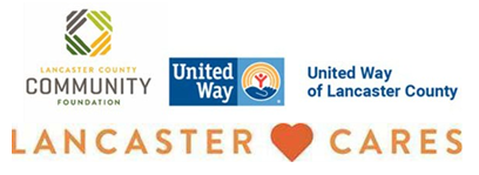Standing Together Campaign
Click here for Spanish
With support from the Lancaster Cares fund, Safe Communities, in collaboration with the Spanish American Civic Association, Penn Medicine/LG Health, and Joining Forces for Children, is launching Standing Together, a bi-lingual campaign focused on educating adults in our community about child safety in four areas where COVID-19 isolation exposes them to increased risk: sexual abuse, living in a home with substance abuse, mental health, and the coronavirus itself.
It is urgent that parents, aunts, uncles, grandparents and other adults in our community learn to recognize a child’s distress when they see certain behavioral indicators, and reach out with care and support, even if they are not certain of what is happening. We cannot stand by and wait for the return of more routine contact with mandated reporters with so many of our children at risk. In addition, a second serious spike of the virus could create stay-at-home conditions this fall.
HOW TO PARTICIPATE
Please help spread these safety messages by sharing them on social media, with your staff, volunteers, and clients!
Download campaign material in English or Spanish to share or print!
Click here for individual Panels:
Abuse-Neglect panel_ English or Spanish
COVID Panel _ English or Spanish
Mental Health Panel _ English or Spanish
Sexual Abuse panel _ English or Spanish
Request a packet of printed copies of the Standing Together Campaign flyer for your church, agency or organization by emailing: [email protected] Please provide your name and mailing address, and if you would like to request English or Spanish versions.
Click here to see the schedule of interviews with experts on each of the four safety areas broadcast in Spanish and English on the Café con Leche (Coffee with Crème!) show on WLCH Radio. You can tune in to 91.3 FM in Lancaster and 100.3 FM in York, PA.
Learn More! Why are children at risk during COVID-19?
Calls to PA’s Childline have declined as many children are now hidden from an army of mandated reporters such as teachers, doctors, clergy, program leaders and others who would have protected them from abuse. With the uncertainty about surges in the virus, in-person classroom or activity participation is not assured for the immediate future.
In addition to the risk of the virus itself, families are struggling with disruptions in routine, isolation from friends and family, financial insecurity, stress, and anxiety. The risk of child abuse in all its forms is on the rise—particularly for children already living in vulnerable situations.
Children living in homes with substance abuse are at increased risk for abuse and neglect, as they lack access to the safe spaces, services, and people that could help them.
Children’s mental health is also a concern, due to the disruption from their school and other activities. In vulnerable minority communities, the risk to children is compounded by structural inequality (little to no broadband access, parents working high risk service jobs with no capacity for home schooling, lack of access to childcare, and more).
1 in 4 girls and 1 in 6 boys sexually abused and most are harmed by a family member, relative, or someone in their circle of care. In March, for the first time ever, half of the callers to the national sexual assault hotline were children. 79% said they were living with the perpetrator. There is a sharp increase in on-line sexual exploitation of children as perpetrators take advantage of social isolation to make pornographic images of their children and sell them.


